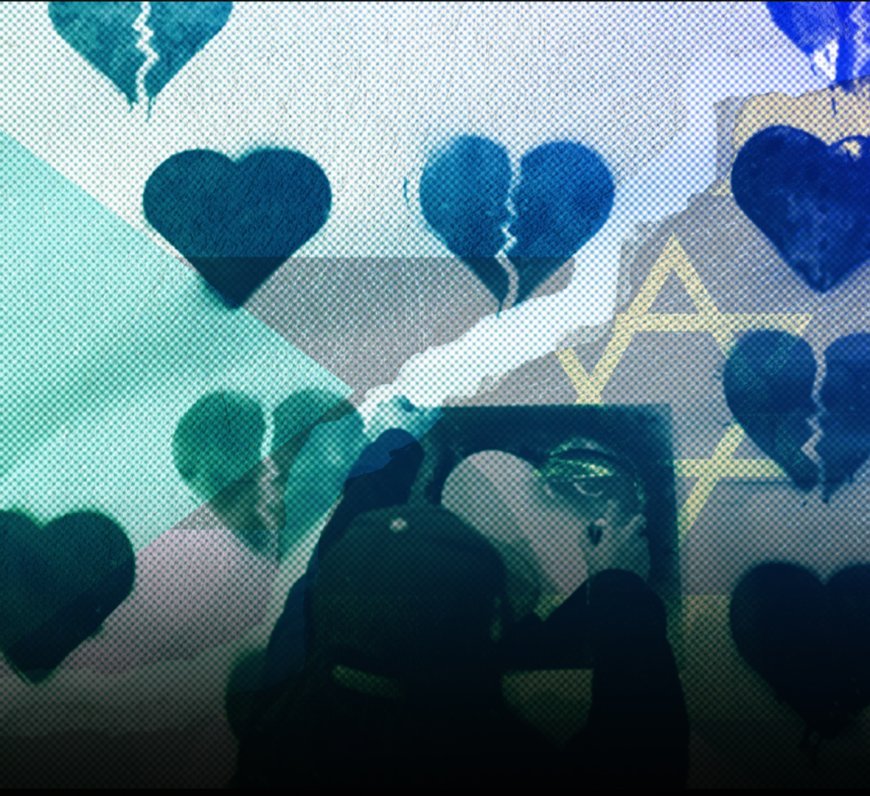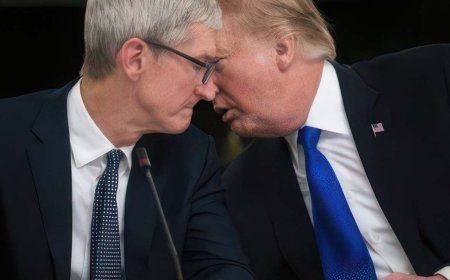Ceasefire Between Israel and Hamas Faces Doubts Over Longevity
The newly brokered ceasefire between Israel and Hamas has begun its initial phase with the release of three Israeli civilian hostages and 90 Palestinian prisoners. However, analysts and commentators remain skeptical about the sustainability of the deal, which has been mediated by the United States, Qatar, and Egypt.

GAZA/ISRAEL: The newly brokered ceasefire between Israel and Hamas has begun its initial phase with the release of three Israeli civilian hostages and 90 Palestinian prisoners. However, analysts and commentators remain skeptical about the sustainability of the deal, which has been mediated by the United States, Qatar, and Egypt.
Key Details of the Ceasefire Deal
The six-week truce, agreed upon after intense negotiations, will see Hamas releasing 88 additional hostages in exchange for 1,904 Palestinian prisoners. However, prominent Palestinian political prisoner Marwan Barghouti is excluded from the list. This phase also allows for the flow of food, medicine, and other necessities into Gaza, marking a brief respite in the 15-month-long conflict.
Future phases of the deal outline the complete withdrawal of Israeli forces from Gaza and a reconstruction plan for the devastated enclave. However, these objectives are vaguely defined, raising doubts about their feasibility.
Challenges to the Agreement
Political observers predict hurdles in extending the ceasefire beyond six weeks. Both Israel and Hamas have historically prioritized political and military strategies over peace, with the current deal reflecting short-term gains rather than long-term solutions.
Outgoing U.S. President Joe Biden’s earlier attempt at a ceasefire faltered due to Israeli resistance, while President Donald Trump’s administration has adopted a mixed approach. Trump, while facilitating the deal, has expressed doubts about its durability, remarking, “It’s not our war; it’s their war.”
Ground Realities in Gaza and the West Bank
Despite suffering heavy losses, Hamas has reportedly replenished its forces and restored parts of its infrastructure, maintaining control over Gaza. Meanwhile, violence in the West Bank continues, with Israeli settlers carrying out attacks under what appears to be a tacit agreement with the Israeli government.
On the Israeli side, growing discontent among reservists and political divisions over the ceasefire could threaten its stability. Additionally, Trump’s reimposed sanctions on Palestinians and support for Israeli settlements further complicate the path to peace.
Saudi Arabia’s Role in a Two-State Solution
Saudi Arabia’s insistence on a two-state solution as a precondition for normalizing ties with Israel could pressure the Trump administration to revisit peace negotiations. However, given the deep-rooted political complexities, achieving a lasting resolution remains uncertain.
What's Your Reaction?











































































































